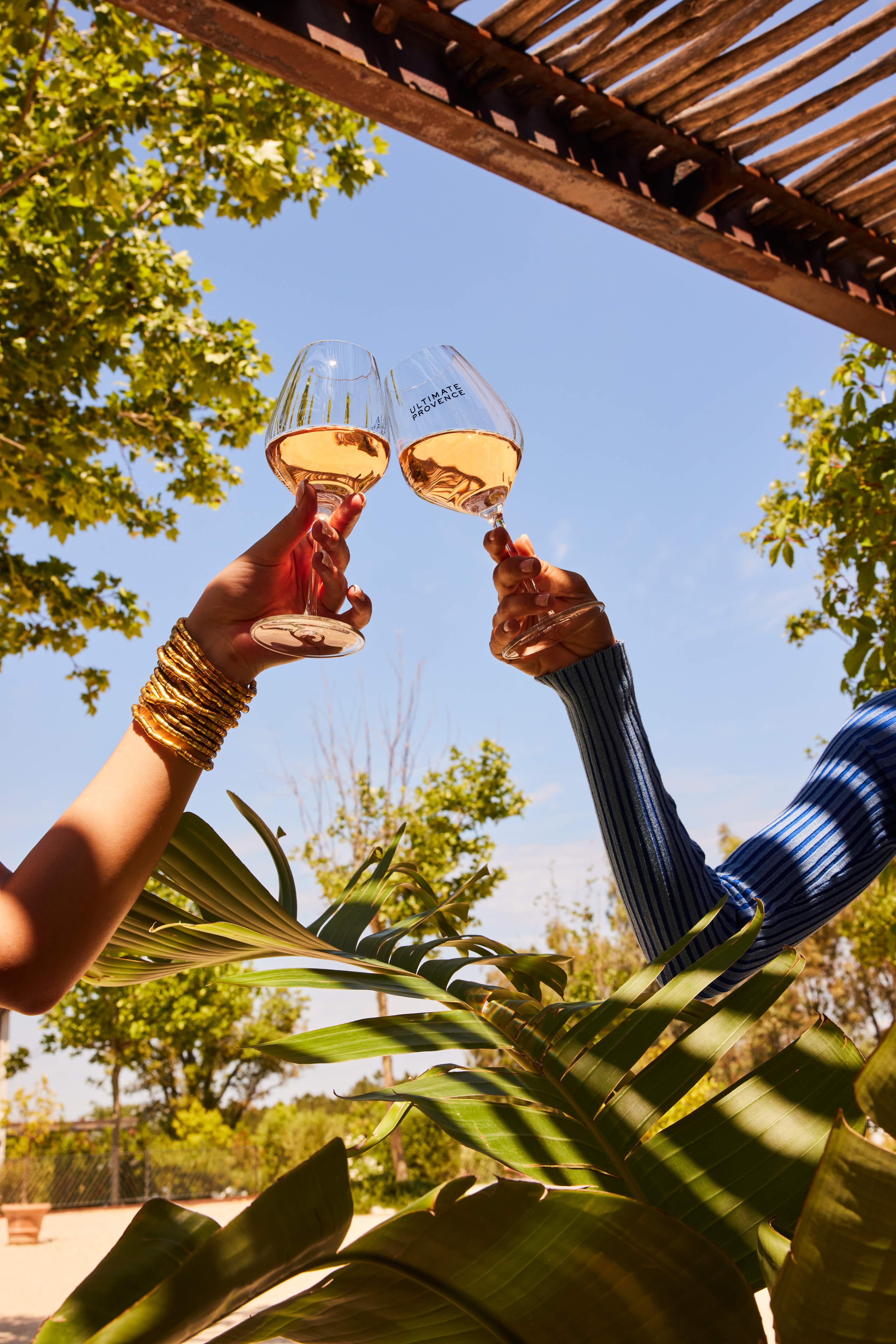Wine tasting is much more complex than it seems. And if you manage to perceive certain things, thanks to sight, taste, or even smell, you still need to know how to put your sensations into words. Here is a glossary of some terms frequently used in wine tasting vocabulary .
The elements of wine observation
To be able to describe a wine and assign qualifiers to it, different steps must be carried out, which allow several components of the wine to be analyzed.
The wine dress
Observed during the visual examination of the wine, the color corresponds to the color of the wine . We then say of a red wine that its color is ruby, garnet, purple, or even tiled, while the color of a white wine can be described as straw yellow, green yellow, golden yellow or even old gold. . Finally, the color of rosé wine can be raspberry, salmon, or even peach.
The nose of wine
Examined during the olfactory examination of the wine, the nose reveals the aromas of the wine, even before having tasted it. Olfactory sensations allow you to discover aromas of red fruits, citrus fruits, or even flowers.
The structure of the wine
The structure of a wine brings together all the components that help describe it, such as fruit, sugar, alcohol and acid. The ideal is to obtain the most balanced structure possible, where one does not take over the other.
The attack of wine
The attack corresponds to the first sensations that the wine offers in the mouth. It can offer a feeling of roundness, or rather a feeling of freshness. The attack of a wine is only felt for a few seconds in the mouth, and quickly gives way to other aromas and sensations.
The mid-palate of the wine
The mid-palate of a wine corresponds to the sensations perceived in the mouth just after the attack. They provide information on the texture of the wine (impression of roundness, viscosity, astringency, temperature, etc.).
The wine finale
The finish of the wine on the palate comes after the attack and the mid-palate. It includes all the sensations that persist more or less long after swallowing or spitting out the wine. It is during the finish that we also evaluate the length in the mouth of the wine.
The characteristics of a wine
Now that you know what elements to observe when analyzing and tasting a wine, here are the terms used to describe the wine.
- Full : a full wine is a wine whose aromatic palette fully occupies the mouth;
- Tannic : red wines are said to be tannic when the tannin content is such that a rough and raspy sensation develops in the mouth. Tannins are more or less present depending on the grape variety, and provide information on the maturity of the wine. The more red wine ages, the softer its tannins are. We then say that the wine is silky. If the tannins are present, without excess, we speak of a round wine;
- Fleshy : The term “fleshy” describes both the flavor and texture of a wine. It then implies a powerful wine, with a strong tannin structure. We then also speak of unctuous wine, rich in the mouth;
- Supple : a supple wine is a wine which offers a beautiful harmony between tannins and acidity;
- Dry : dry white wines or dry red wines have a low sugar content, since they have all been transformed into alcohol during alcoholic fermentation. We then feel a lack of hydration in the mouth;
- Fruity : fruity wines offer fruit aromas, whether on the nose or on the palate. We can then find aromas of red fruits, dried fruits, white fruits...;
- Fresh : the freshness of a wine describes both its body and its character. It results in a beautiful acidity, which offers a sensation of freshness to the nose or mouth;
- Mineral : the mineral character of a wine refers to sensations reminiscent of stone. This aspect essentially depends on the terroir on which the vine grew, and the soils on which it was grown (clay, limestone, slate, etc.);
- Woody : a woody wine is generally obtained during aging in oak barrels. The wine then adopts the aromas of the wood, offering a very particular aromatic bouquet;
- Racy : we speak of a racy wine when it reveals a certain energy on the palate, complexity, as well as depth;
- Balanced : a balanced wine is one that finds a perfect balance between acidity, tannins, alcohol and residual sugar levels.
Of course, there are dozens of other terms to accurately describe the qualities of a wine, but now you know the main vocabulary. All you have to do is put it into practice by engaging in the complex exercise of wine tasting .








